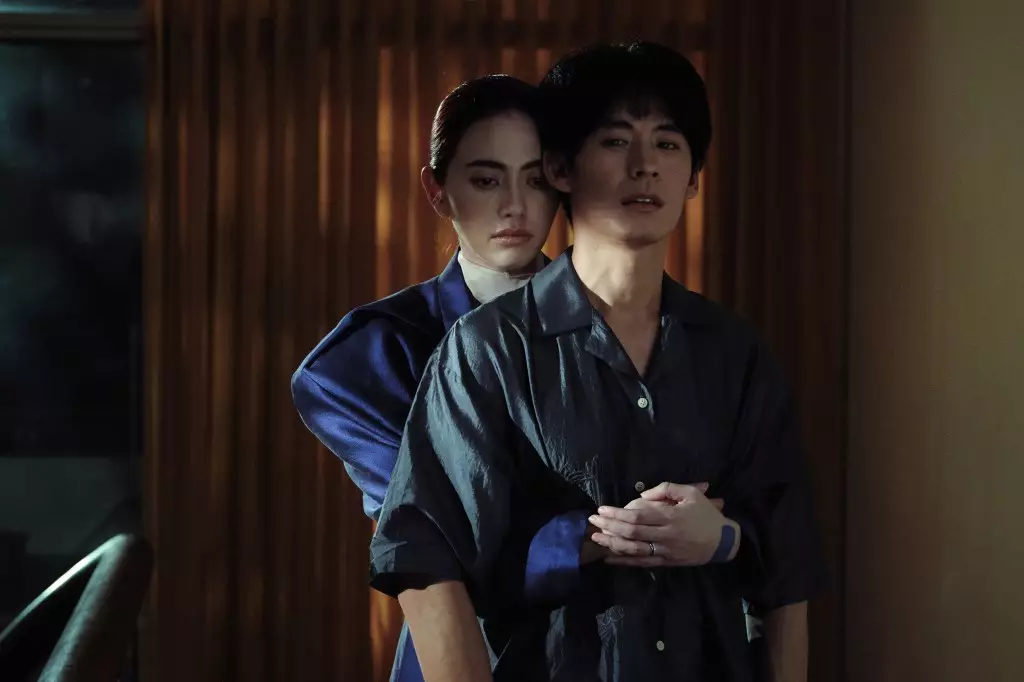The recent triumph of Ratchapoom Boonbunchachoke’s film, A Useful Ghost, at Cannes Critics’ Week is more than just an accolade; it’s a watershed moment for Thai cinema. Winning the prestigious AMI Paris Grand Prize, this vibrant film showcases an innovative narrative approach that blends romance with a poignant environmental message. By emerging in a parallel section of Cannes after a prolonged absence of Thai films, A Useful Ghost invites audiences to reconsider how storytelling can intertwine humor and urgency in addressing serious issues like pollution.
A Unique Premise with Layers of Meaning
At the heart of the film lies an extraordinary premise: a woman named Nat, portrayed by the luminous Davika Hoorne, dies from dust pollution only to return as a ghost ingeniously embodied in a vacuum cleaner. This surreal twist is not merely a gimmick; it serves as a powerful metaphor for the burdens of neglecting environmental health. The plot tactfully reflects the harsh realities faced by many due to industrial overreach. In a world saturated with heavy narratives about climate change, A Useful Ghost achieves a rare balance between levity and significance, making it accessible without downplaying its serious themes.
A Cast That Shines
Davika Hoorne’s portrayal of Nat captures both the fragility of life and the humor found in absurdity. Her chemistry with co-star Witsarut Himmarat, who plays her husband March, further enriches the narrative, especially as their unconventional love story unfolds against the backdrop of familial estrangement due to societal expectations. The film offers a refreshing portrayal of a cross-dimensional relationship that challenges traditional notions of love, resonating with a modern audience that grapples with evolving definitions of partnership and commitment.
A Feast for the Senses
Cinematographer Josée Deshaies deftly encapsulates both the vibrancy and decay of the urban landscape, complementing the film’s narrative ambitions. The visual storytelling captures the sumptuous yet tainted fabric of the storyworld, allowing viewers to immerse themselves fully in Nat’s journey. The craft behind A Useful Ghost is evident not only in its dialogue and character arcs but also in its vibrant aesthetics. The film engages the audience on multiple sensory levels, transforming a story about mortality and pollution into a vivid experience.
Championing Diversity at Cannes
With awards like the Louis Roederer Foundation Rising Star Award going to Québec actor Théo Pellerin for Nino and recognition for other films such as Deni Oumar Pitsaev’s Imag, this year’s Cannes Critics’ Week exemplifies a growing appetite for diverse narratives. A Useful Ghost’s success stands out as a testament to the global nature of cinema, where stories from different cultures weave together universal themes of resilience and love.
The film’s recognition at such a prestigious festival ignites hope for future productions that dare to combine eccentric creativity with vital social concerns. As the world increasingly grapples with ecological crises, narratives like A Useful Ghost will undoubtedly inspire and challenge filmmakers across the globe—redefining what it means to create art in an ever-changing landscape.


Leave a Reply